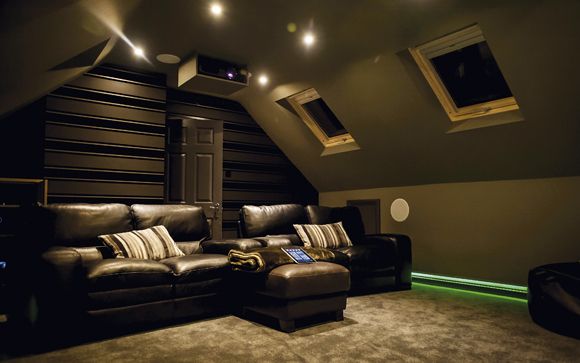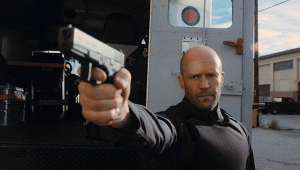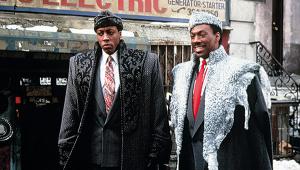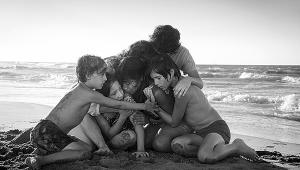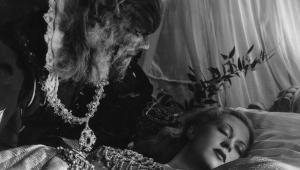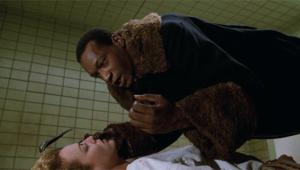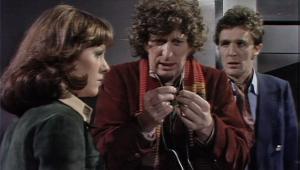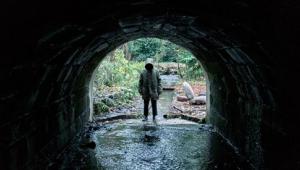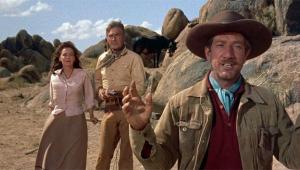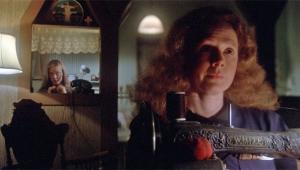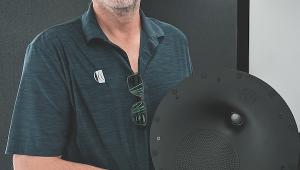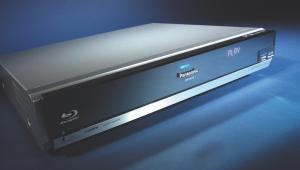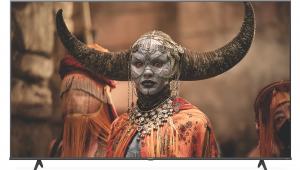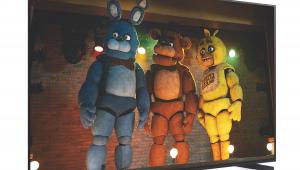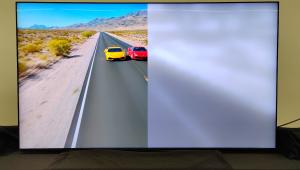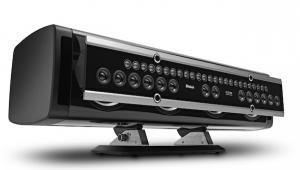Woodfall: A Revolution in British Cinema Blu-ray review
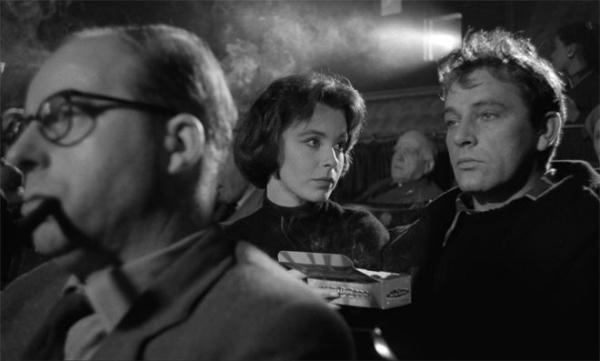
At the same time as a new generation of French filmmakers (La Nouvelle Vague) were transforming cinema in that country, an upstart British production company was setting out to do the same on these shores. The brainchild of director Tony Richardson, writer John Osborne and producer Harry Saltzman, Woodfall Films came about as a way of bringing Osborne's controversial, but hugely successful, stage play Look Back in Anger to the screen.
Directed by Richardson and starring Richard Burton, Woodfall's adaptation of Look Back in Anger (1959) didn't achieve anything like the financial success of its source material – and today it all feels a little too melodramatic. However, as the first of the so-called 'Angry Young Man' social realist films, its legacy and influence cannot be understated. Richardson's next film, The Entertainer (1960), has stood the test of time far better. Laurence Olivier stars as Archie Rice, a has-been seafront vaudeville performer still dreaming of the big time and unwilling to accept that the world has moved on around him.
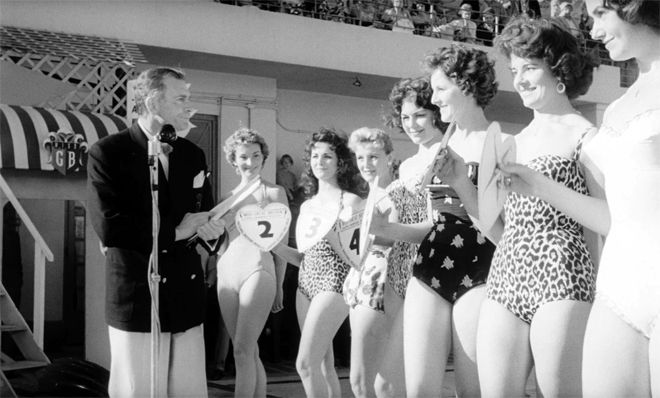
Hitting cinemas just a few months later, director Karel Reisz's Saturday Night and Sunday Morning is where Woodfall really hit its stride. Giving Britain its very own 'rebel without a cause', this kitchen sink drama stars Albert Finney as a self-destructive factory worker involved in an affair with the wife of one of his colleagues. Shocking critics of the day with its blunt depiction of working-class life, not to mention its stark handling of taboo topics like abortion, the film was originally released with an 'X' certificate, but today only merits a 'PG'.
As much as Woodfall may be associated with the idea of the 'Angry Young Man', it wasn't averse to exploring female viewpoints that were every bit as socially conscious. The wonderfully poetic A Taste of Honey (1961) was the first of these, giving young Rita Tushingham her first lead role as a pregnant teenager trying to make a life for herself in Salford.
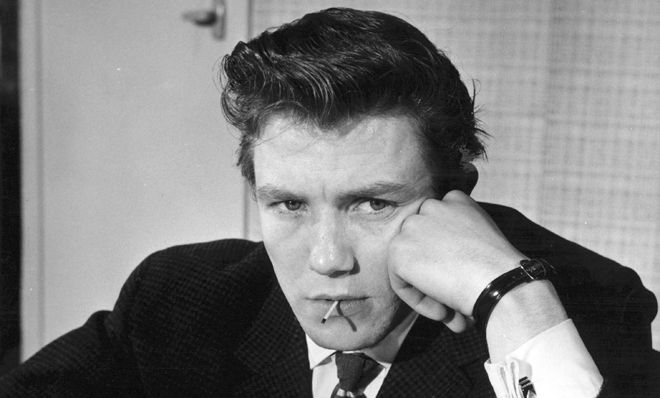
An altogether grittier form of rebellion was back centre-stage in The Loneliness of the Long Distance Runner (1962), with Tom Courtenay bristling with barely contained resentment as a juvenile offender whose prowess as a long distance runner sees him being taken under the wing of the Governor at the borstal he is sent to.
Taking a step away from kitchen sink dramas, Tom Jones (1963) saw Woodfall trying its hand at period drama, in its own distinctive way, of course. The very definition of the word 'bawdy', this broad comedy follows the sexual misadventures of Albert Finney's titular 18th century orphan. While it may have won the Oscar for Best Picture, it really hasn't aged well and for all its fourth wall-breaking trickery, comes across like an arty Carry On… film.
Note: this BFI boxset includes both the original 128-minute theatrical cut of Tom Jones and Tony Richardson's subsequent 121-minute 'Director's Cut'.
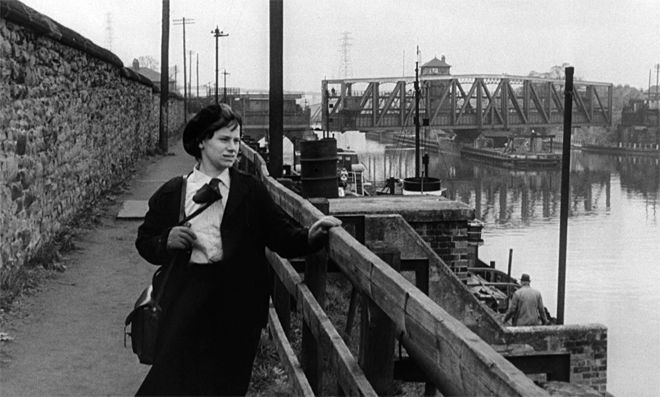
Rita Tushingham is front and centre again in Girl with Green Eyes (1964), a slightly meandering drama about an idealistic young Irish girl, fresh from convent school, who falls for an older, more sophisticated man going through a divorce. It's not a great film, but Tushingham, as always, is absolutely wonderful.
The boxset's final film, The Knack …and How to Get It (1965) finds Tushingham sharing the screen with Michael Crawford, Ray Brooks and Donal Donnelly in director Richard Lester's complex comic commentary about the sexual revolution, misogyny and gender roles. Funny and progressive, it's a fascinating film, one whose final act feels particularly relevant in the age of the #metoo movement.
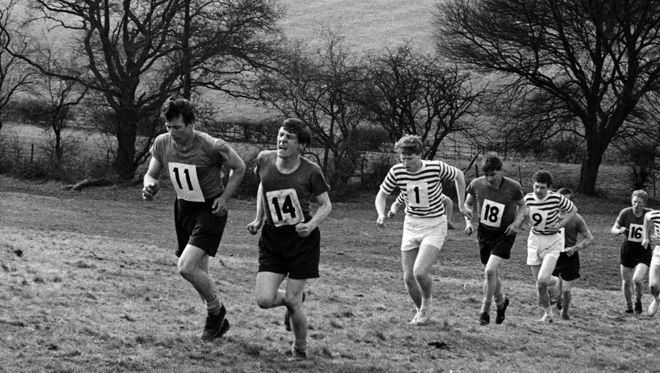
Picture: The BFI's nine-disc boxset (each version of Tom Jones gets a disc to itself) may derive from a mix of 4K and 2K scans undertaken by different organisations (including Fotokem L.A., the Criterion Collection, Warner Bros. and MGM) from a variety of source elements, but there's still an impressive consistency to the 1080p presentations.
Greyscale, black levels and brightness across the seven black-and-white films is excellent, ensuring that there's plenty of finely rendered detail on show. Grain is also well resolved, although The Knack... and How to Get It's encode is coarser and shows some print damage.
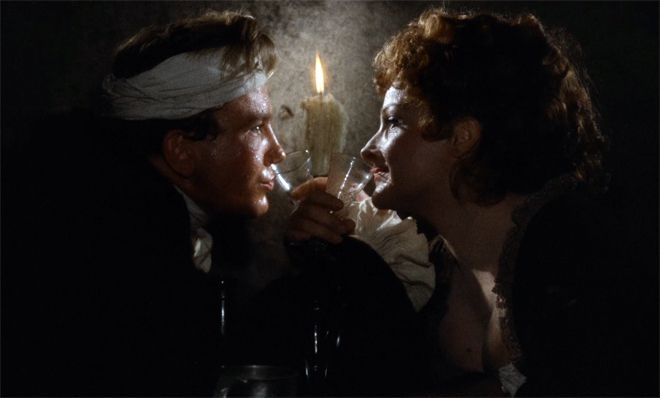
The sole colour film, Tom Jones, also holds up extremely well, with Criterion's 4K scan (used for both cuts) perfectly capturing its muddy palette, gloomy interiors and diffuse aesthetic. All of the films are presented in a 1.66:1 aspect ratio with the exception of The Loneliness of the Long Distance Runner, which is framed at 1.77:1.
Note: The Saturday Night and Sunday Morning and The Loneliness of the Long Distance Runner Blu-rays included in the set are identical to the platters the BFI originally put out individually back in 2009.
Picture rating: 4.5/5
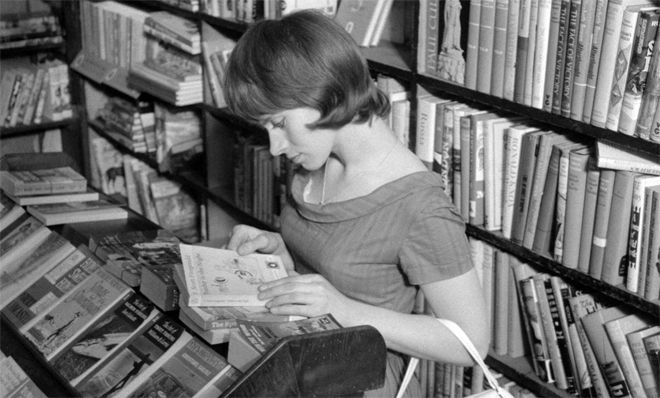
Audio: The films all feature clean and well-balanced LPCM mono soundtracks, except for the Director's Cut of Tom Jones, which was remixed in stereo (again offered in LPCM). The latter is a pretty effective update with clear steering across the L/R spread.
Audio rating: 4/5

Extras: Fascinating bonus features include new and archival interviews, chat-tracks on five of the films (Saturday Night and Sunday Morning, A Taste of Honey, The Loneliness of the Long Distance Runner, Girl with Green Eyes and The Knack… and How to Get It), and a BFI Southbank 'Working Class Heroes' panel discussion (pictured below) featuring Rita Tushingham, Tom Courtenay, Joely Richardson, playwright Jez Butterworth and journalist Paris Lees.
The BFI has also loaded the set with archival shorts and newsreels, to better place the films in context, plus extracts from George Devine Memorial Play stage performances.
Extras rating: 4.5/5
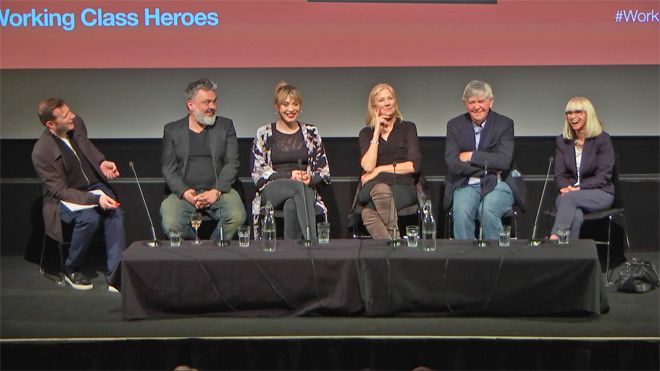
We say: A key player in the British New Wave finally gets the attention it deserves with this loaded boxset.
Woodfall: A Revolution in British Cinema, BFI, Region B BD, £80
HCC VERDICT: 4.5/5
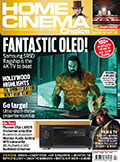 |
Home Cinema Choice #351 is on sale now, featuring: Samsung S95D flagship OLED TV; Ascendo loudspeakers; Pioneer VSA-LX805 AV receiver; UST projector roundup; 2024’s summer movies; Conan 4K; and more
|
